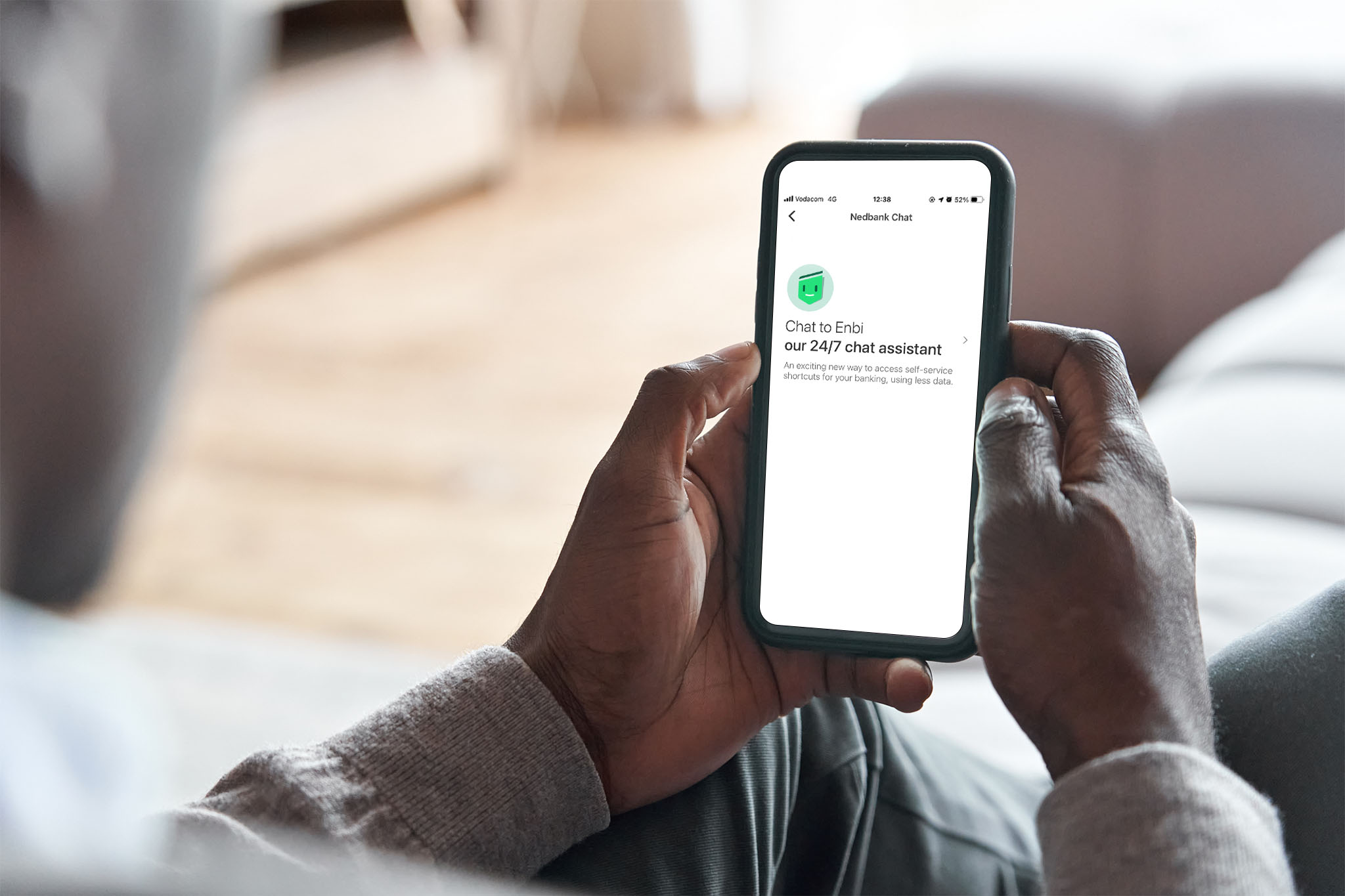How many times do you check that something you buy isn’t fake? When was the last time you checked the expiry date on tinned food before buying it? We’ve seen quite a few recent scandals in the news involving counterfeit retail items and fake branding on food products. The fraudsters target spazas, street vendors, budget supermarkets and high-end stores alike, so it’s a concern everywhere, no matter where you shop.
Some manufacturers have also issued product recalls over the past few years. These can be concerning, although they are less of a threat than counterfeit or expired goods being sold under false pretenses. The manufacturer has at least become aware of a defect or danger in the product, alerted the public, issued a product recall, and taken steps to refund you if you have any defective products to return.
Counterfeit or defective goods are a waste of money – and they can also damage your health in the case of fake, contaminated or expired food brands. However, discovering that something you bought has been listed in a product recall has a silver lining, since you can replace the item. On the other hand, finding out that you bought a fake product could be the start of a tedious process to get your money back.
What are product recalls, and how do they happen?
Although there’s a difference between a product recall and a counterfeit product, a manufacturer or retailer may be forced to issue a product recall if criminals have infiltrated their supply chain with counterfeit versions of legitimate brands. Alternatively, a manufacturer might notice an issue with their genuine product during in-house quality control, or get reports of defective batches from retailers, or customer complaints, that alert them to the defect.
Once the manufacturer has established the cause and scope of the defect, they will issue a product recall on all affected products. Whenever you see a notification of a product recall in the news, check the products you use to see if any are included. Follow the product recall guidelines and return the item for repair, replacement or a refund.
The possibility of a future product recall is another good reason to keep documents whenever you buy anything – file all your receipts and any correspondence about product performance or a product recall for future reference if needed.
Understanding counterfeit products and your rights
A counterfeit product is an illegal, fake version of a legitimate product, designed to convince you that you're buying an original item. It violates intellectual property (IP) rights like trademarks, patents, and copyrights, and comes with none of the quality guarantees or after-sales service offered by the legitimate IP owner.
Keep yourself informed, take product recalls seriously, and watch out for shady dealers in counterfeit goods
Fraudsters manufacture counterfeit goods in a huge range of industries, including fashion, home furnishings, personal accessories, processed foods, vehicle and machinery parts, electronics, and medicines. Always check for markers that identify authentic product branding, like serial numbers, holograms, or official packaging, before you buy anything.
What to do if you suspect a product is fake
- As a consumer, if you’ve been tricked into buying counterfeit products, the Consumer Protection Act (CPA) gives you the right to seek legal recourse. Submit a complaint to the National Consumer Commission (NCC) to investigate the case and prosecute the fraudsters, and then take legal action to demand damages or a refund. Depending on the value involved, this case will be heard in a small-claims court or a higher court, so consult a lawyer for help.
- If someone is producing a fake version of a brand that you own, consult a lawyer who specialises in IP rights to explore your options.
Dealing with third-party resellers
These days, third-party resellers are a common feature of e-commerce and social media sales pages. Although many are no doubt honest entrepreneurs selling genuine branded products, it’s become clear that many aren’t – and buying from the second kind is a risk you want to avoid.
The key problem is this: If they’re an online store, they don’t need to be based in SA. If they’re operating under the laws of another country and you expose their fake products by lodging a complaint with the NCC citing your rights under the CPA, you might get the product restricted in SA – but it won’t necessarily help you get your money back. Similarly, any court action to get a refund would take place in the jurisdiction where the seller is based, which could become complicated and costly.
You may decide it’s simpler to avoid buying from third-party resellers entirely. If you break that rule, be extra vigilant. Check the seller's reviews and ratings to verify their business, keep all receipts and documents, and if you’re sold a counterfeit product, report them to the NCC.
You need to stay alert to ensure you get what you pay for, so keep yourself informed, take product recalls seriously, and watch out for shady dealers in counterfeit goods. Or just avoid the worry of fake products entirely, and shop online at a reputable outlet like Avo SuperShop – where you can buy genuine brands from trusted businesses in minutes on your digital device.








